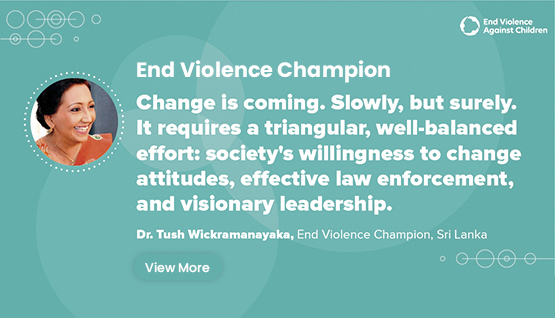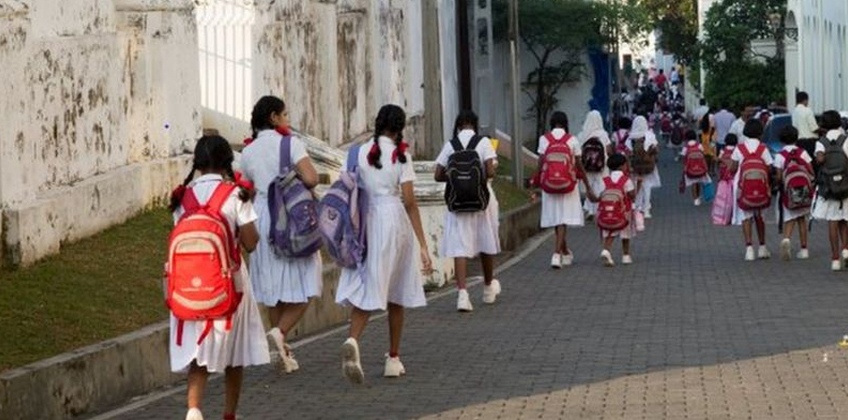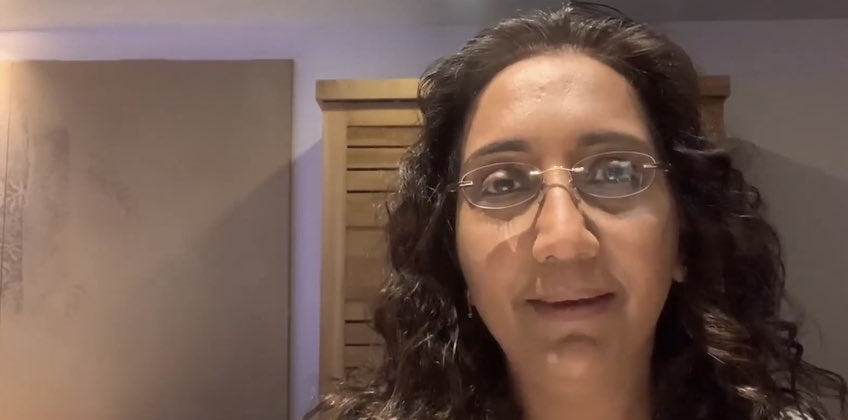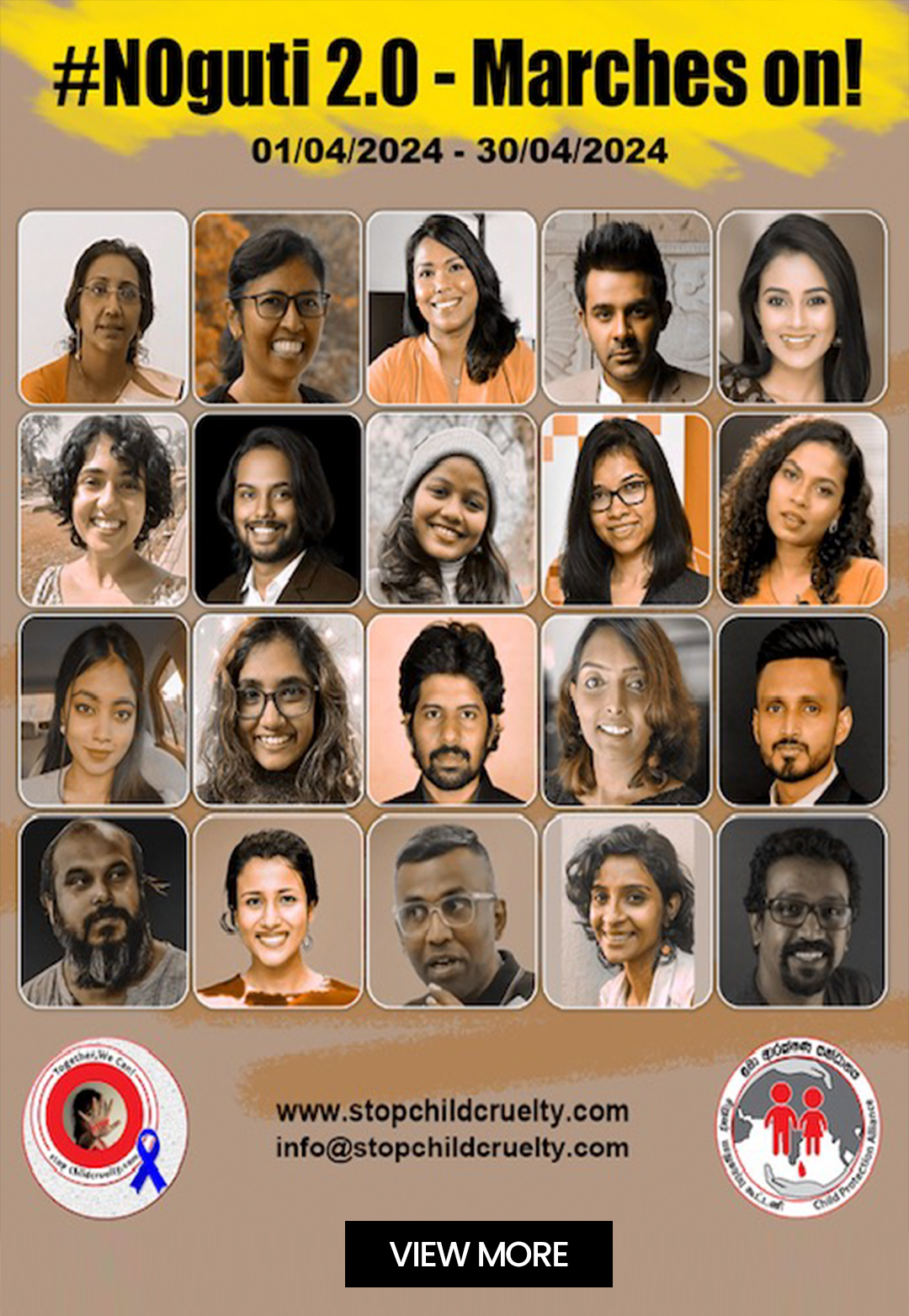





We speak for the voiceless, act for the defenseless and think for the lawmakers. Join us to make education happier and safer without physical or mental pain.
WHAT WE DO TOGETHER, WE CAN!
Our focus is to End Corporal Punishment in schools in Sri Lanka (ECP2020). The national campaign was launched in September 2018. The Pentagon Proposal is the blue print of the multi pronged action plan.
Read Pentagon ProposalUNHRC Registers Historic First Appeal by Minor Against Corporal Punishment & Mental Abuse
Read MoreThe World Scenario
United Nations Committee on the Rights of the Child (UNCRC) in 1991, established in Article 43 of the CRC through General Comment No. 8, defines corporal punishment as any punishment in which physical force is used and intended to cause some degree of pain or discomfort, however light. The Committee also recognizes that there are other non-physical forms of punishment that are also cruel and degrading and thus incompatible with the Conventions. Non-physical forms include punishment which belittles, humiliates, denigrates, scapegoats, threatens, scares or ridicules children. Physical forms of corporal punishment are committed through hitting in the form of smacking, slapping, spanking, by hand, whip, stick, belt, shoe, wooden spoon, and similar means.
Read MoreSri Lankan Scenario
Sri Lanka ratified the UNCRC in 1991 but lags behind the rest of the world in eliminating corporal punishment. Even though there have been Government directives /circulars instructing staff not to use corporal punishment in schools, such punitive disciplinary procedures are condoned by many educators and parents, and continue to be legal / lawful. It is socially acceptable because they reflect upon their own personal experiences, often glorifying severe punishments they received in their youth. Punishment is justified on the basis that such cruel activities did not harm us, certainly it would not harm our children.
Read Ministry of Education Circular no 12/2016Punishment Vs Discipline
The words discipline and punishment should be clearly separated. In order to shape
desirable behavior in students and correct misbehavior, disciplinary strategies
(which are by its nature, positive) rather than punishment strategies (which are by
its nature, punitive) are required (Grusec & Kuczysuki, 1997; Kochanska
&Thompson,1997).
A Study on Child Disciplinary Methods Practiced in Schools in
Sri Lanka conducted by National Child Protection Authority (NCPA) in May 2017
revealed 80.4% of students experienced at least one episode of corporal punishment,
53.2% of students experienced at least one episode of physical abuse and 72.5% of
students experienced at least one episode of psychological aggression in the past
term.
#NOගුටි #NOguti
Stop Wasting Time - Child protection is a National Crisis in Sri Lanka.
74 Years of Rhetoric - Children Are Murdered in Sri Lanka
Who Do You Love The Most?
හිත උහුලන්නෙ නෑ (Hitha Uhulanne Na) - Umara ft Harith Wijeratne & Aditya Weliwatta
Mega Citizens' Forum to end Child Cruelty
Latest News
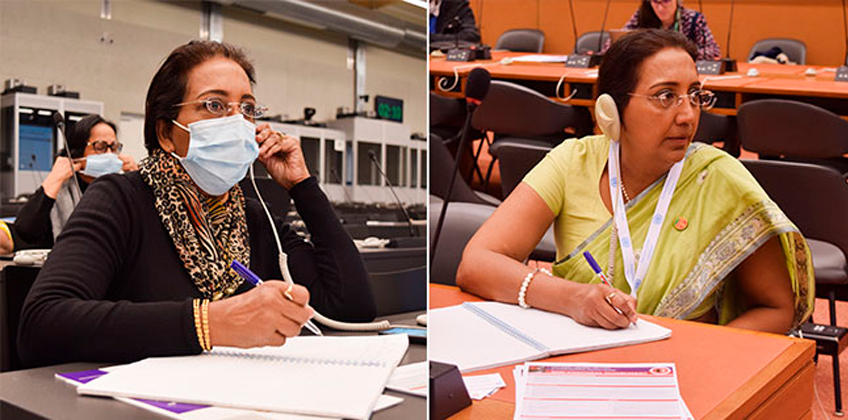
Stop Child Cruelty Trust stands up for Sri Lankan children at UNHRC
Sunday Island 13/12//2022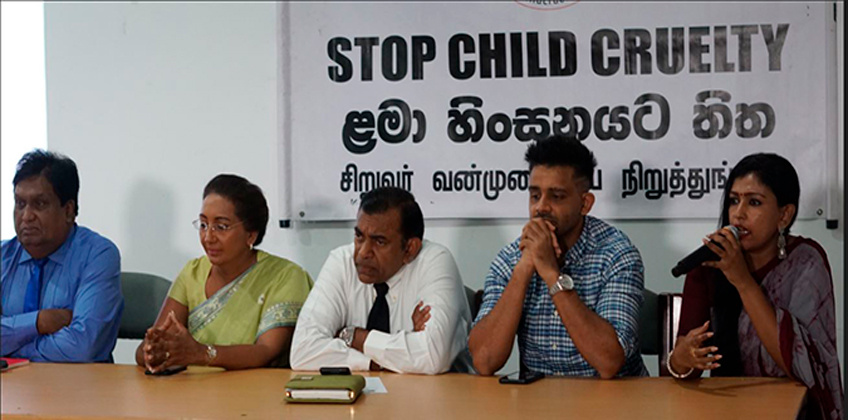
Children unite across the nation to appeal to parliament on Children's Day
Sunday Island 01/10/2022
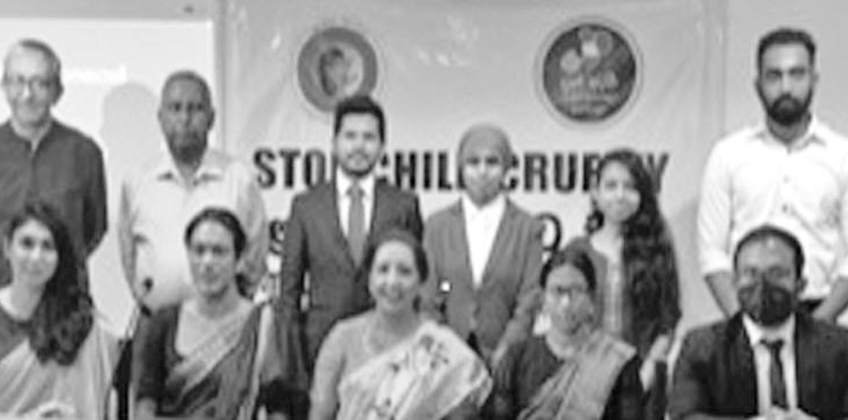
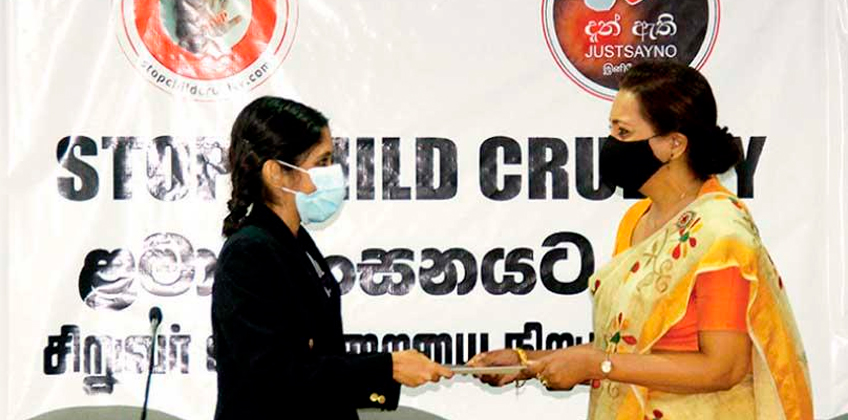
Stop Child cruelty Trust Holds The Successful 'End The Doomed Legacy!'
Daily Mirror09/03/2021
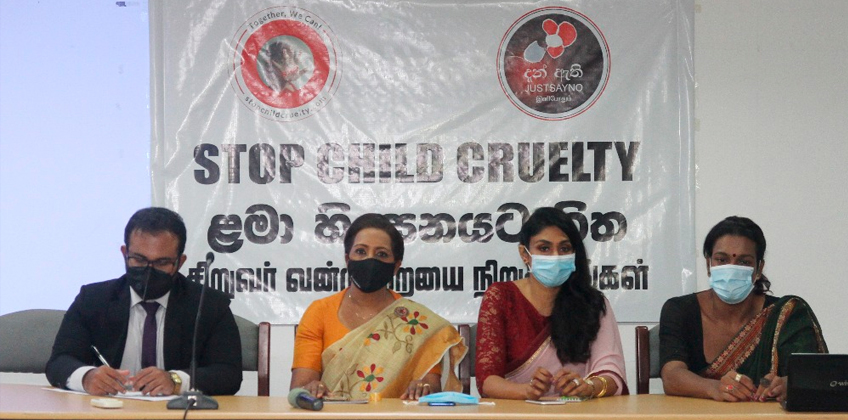
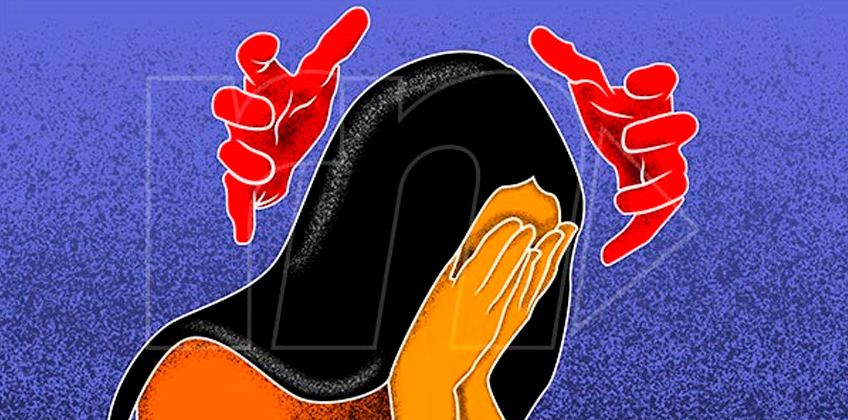
In Sri Lanka an abused child gets “raped” before media and the law
Economy Next05/03/2021
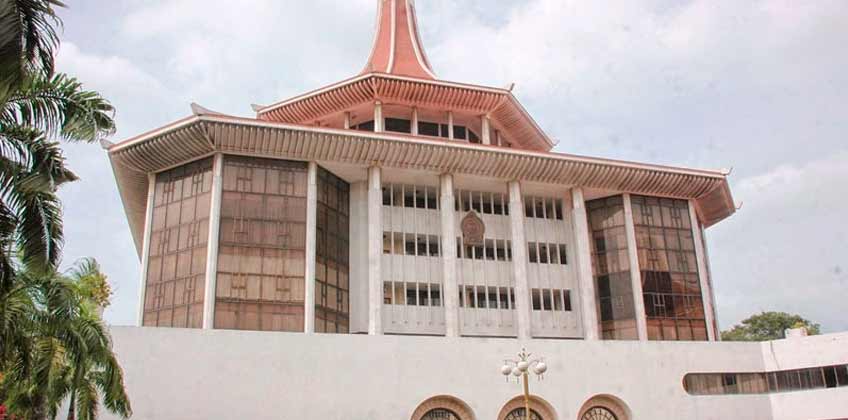
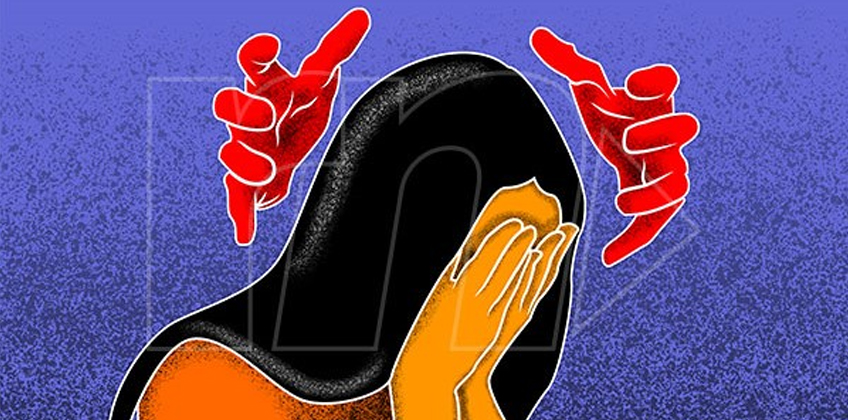
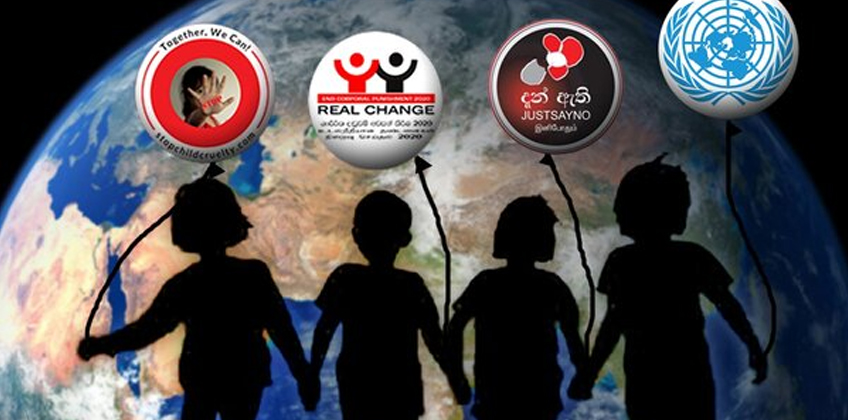
Latest Events
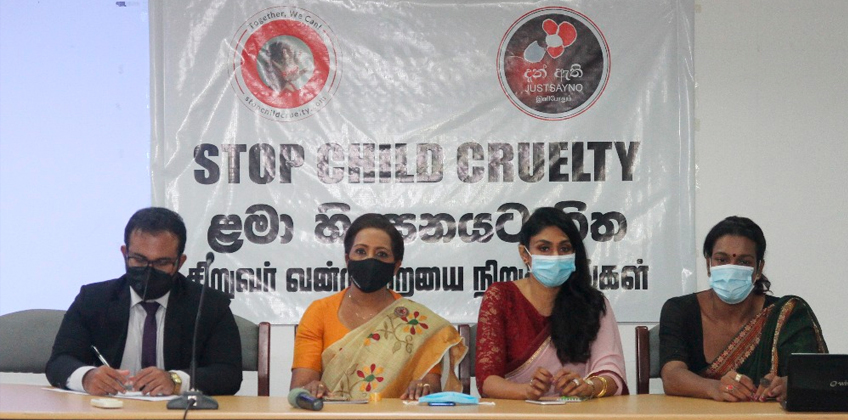
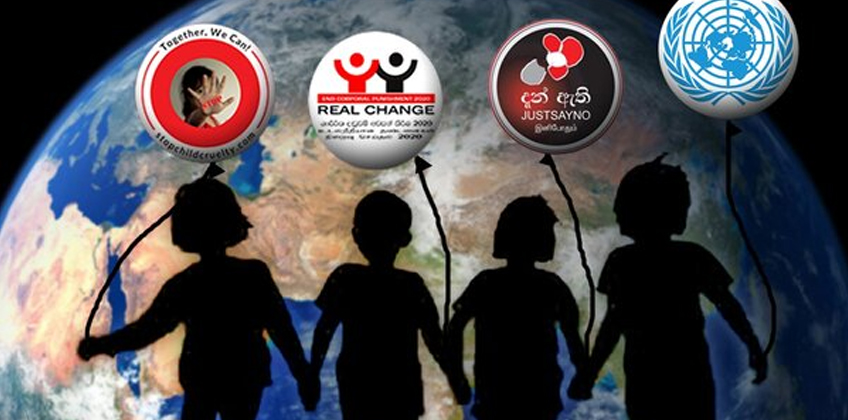
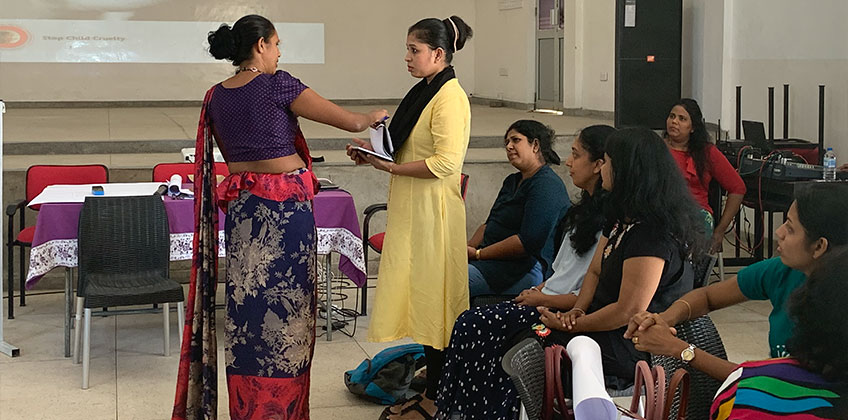
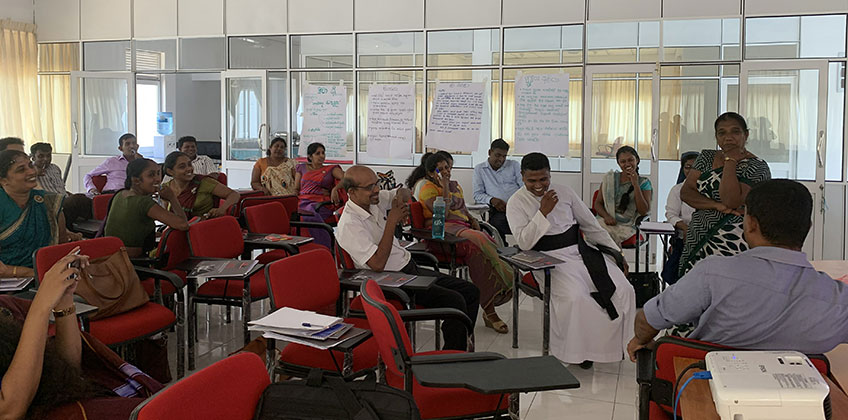
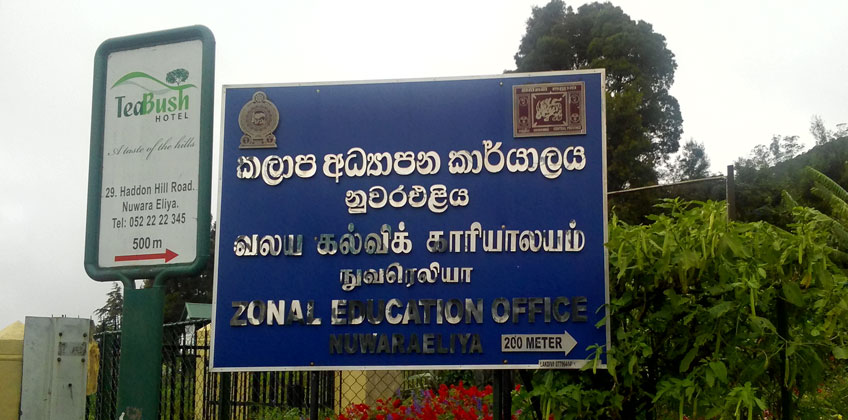
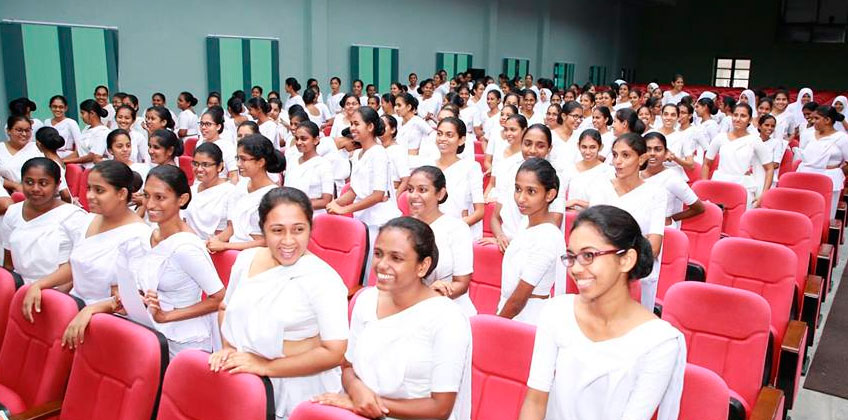
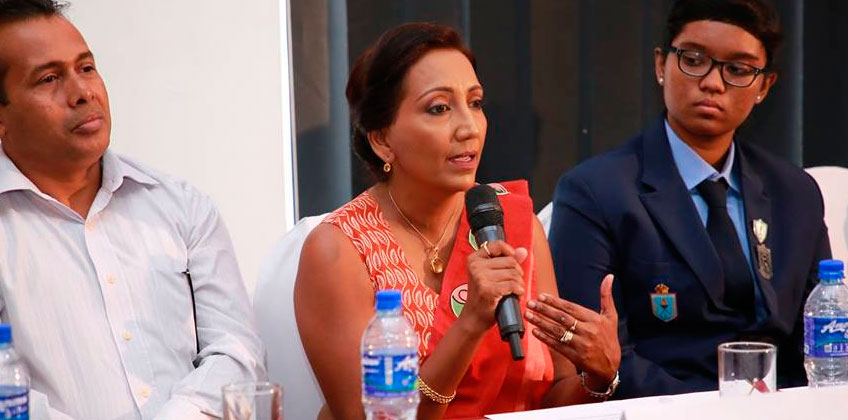
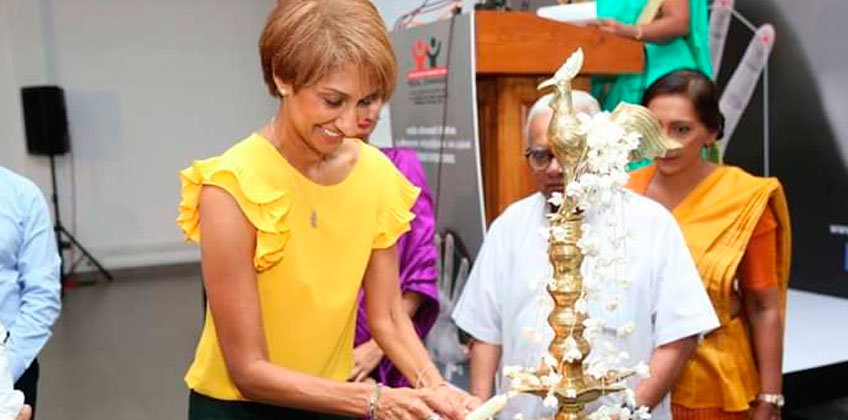
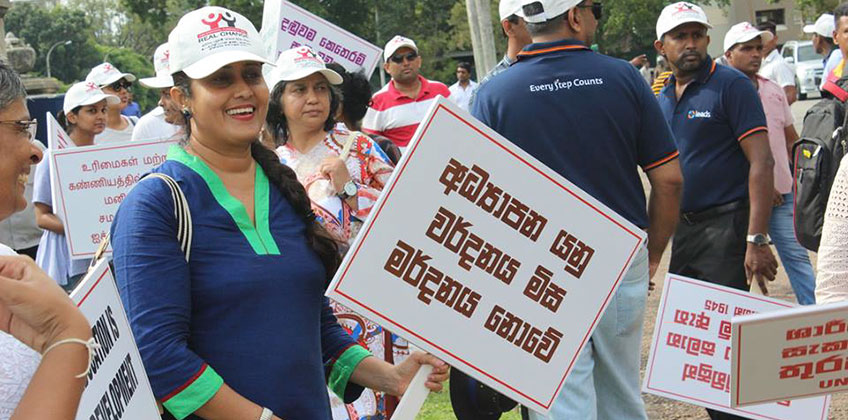
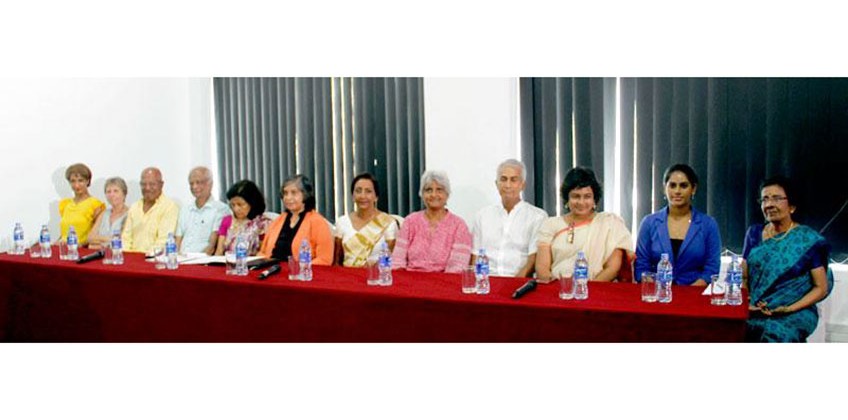
Partners

















